-

Managing Your Money Like a Billionaire: Part 1
These past couple weeks represent the biggest shift in my understanding of personal finance in many years, maybe even decades. Things that never made much sense to me (and which I dismissed as foolish) now make a lot of sense, and my own plan for how I manage my finances has changed drastically. I also…
-

A Step by Step Guide to Life Prioritization
I’ve been asked a lot recently about how I manage different priorities and how I translate those priorities into day-to-day actions. It’s always a good question, but with many of us finding ourselves less distracted with travel and entertainment, the question is more relevant than ever. Let’s go through a quick exercise to help solve…
-
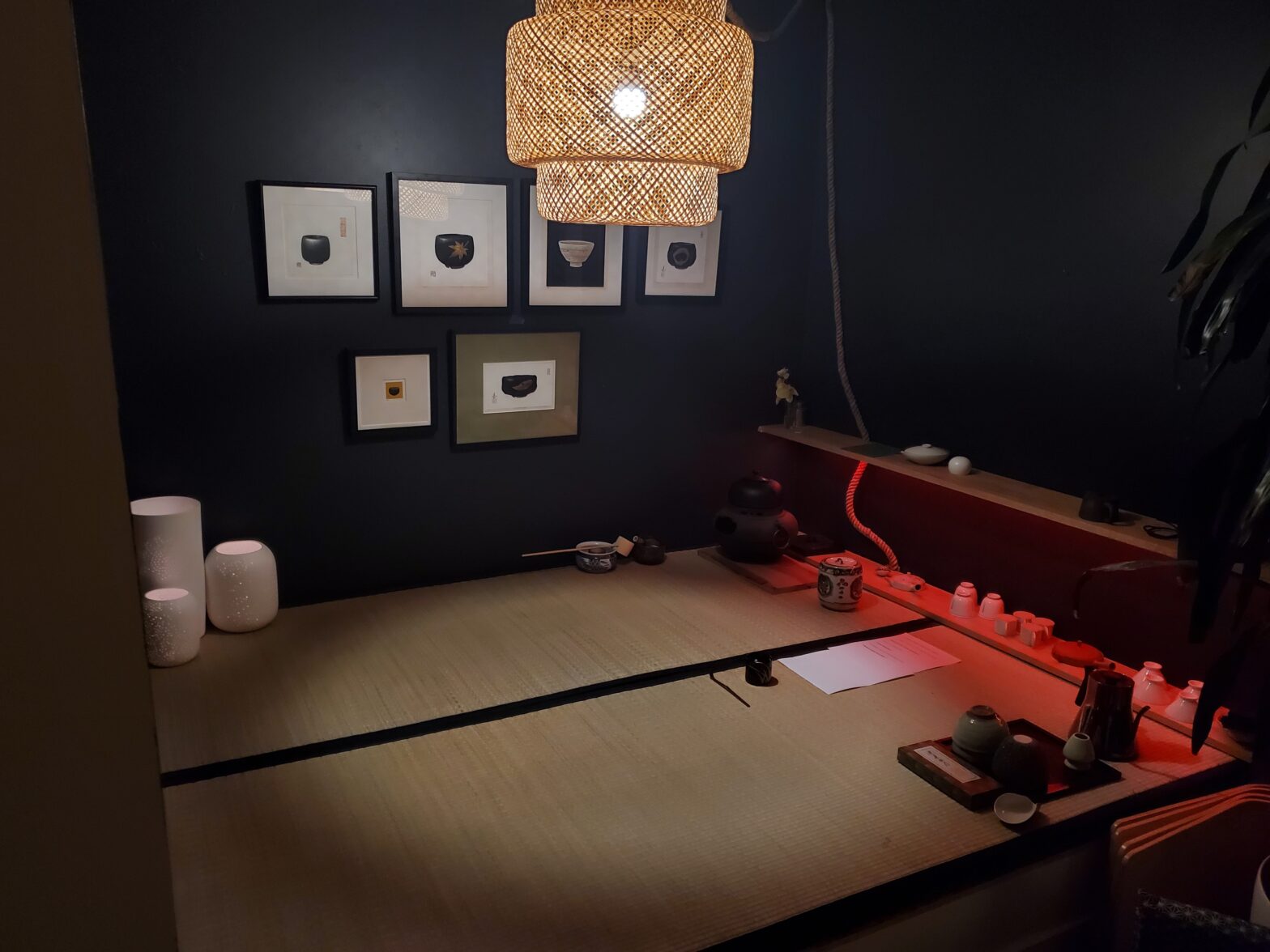
What I Learned About Learning from Tea Ceremony
I’ve been studying Japanese tea ceremony for a little over a year now. The way you learn is by watching people who are better than you, trying to imitate them, and then receiving corrections from your teacher. There are dozens of types of tea ceremony, but the simple ones you do as a beginner last…
-
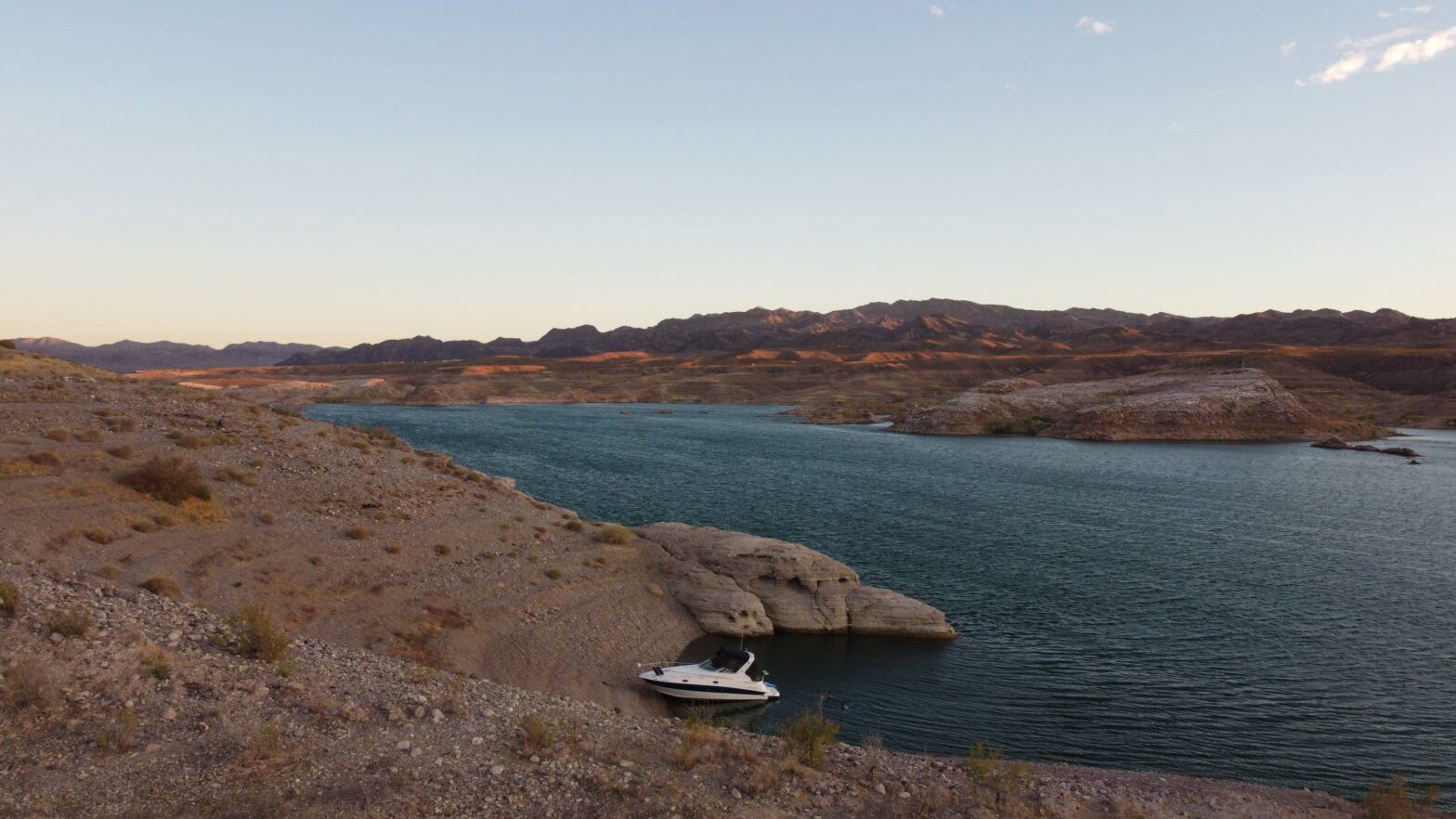
Procrastination on High Mental Load Tasks
As I mentioned in my last post, one of the things I did recently was move Sett to a new server. This is a task that I had every reason to do five years ago, but had been dreading and putting off. It was never that urgent, wasn’t moving me closer to any major goal,…
-
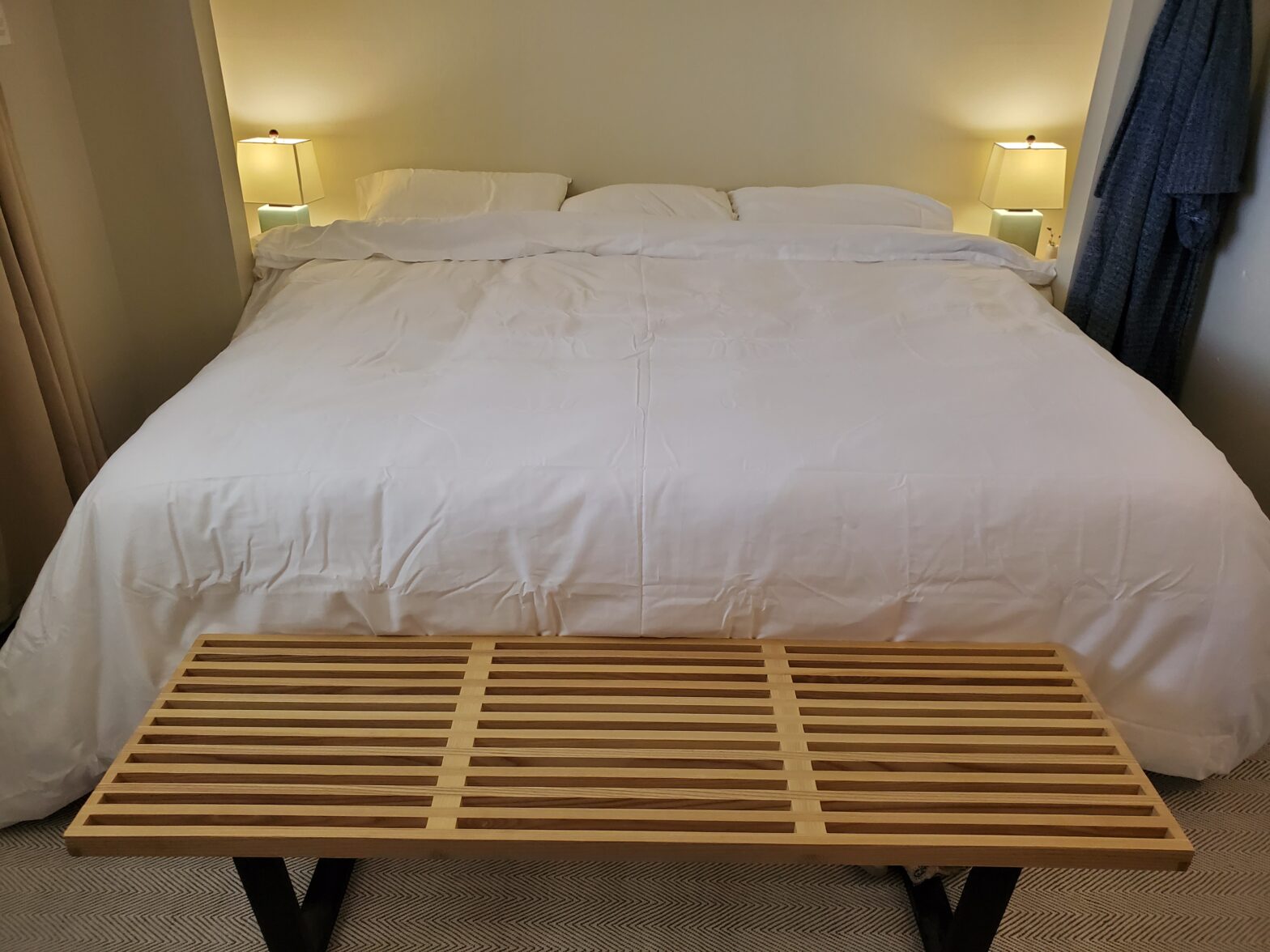
What I’ve Done Since Quarantine Started
I’ve been quarantining in Las Vegas for four months now, so I thought that it would be fun to write about how I’ve used that time so far, especially because I’ve done a few projects that wouldn’t have gotten done if I weren’t here for so long. Presented in roughly chronological order: 1. Rewrote lots…
-
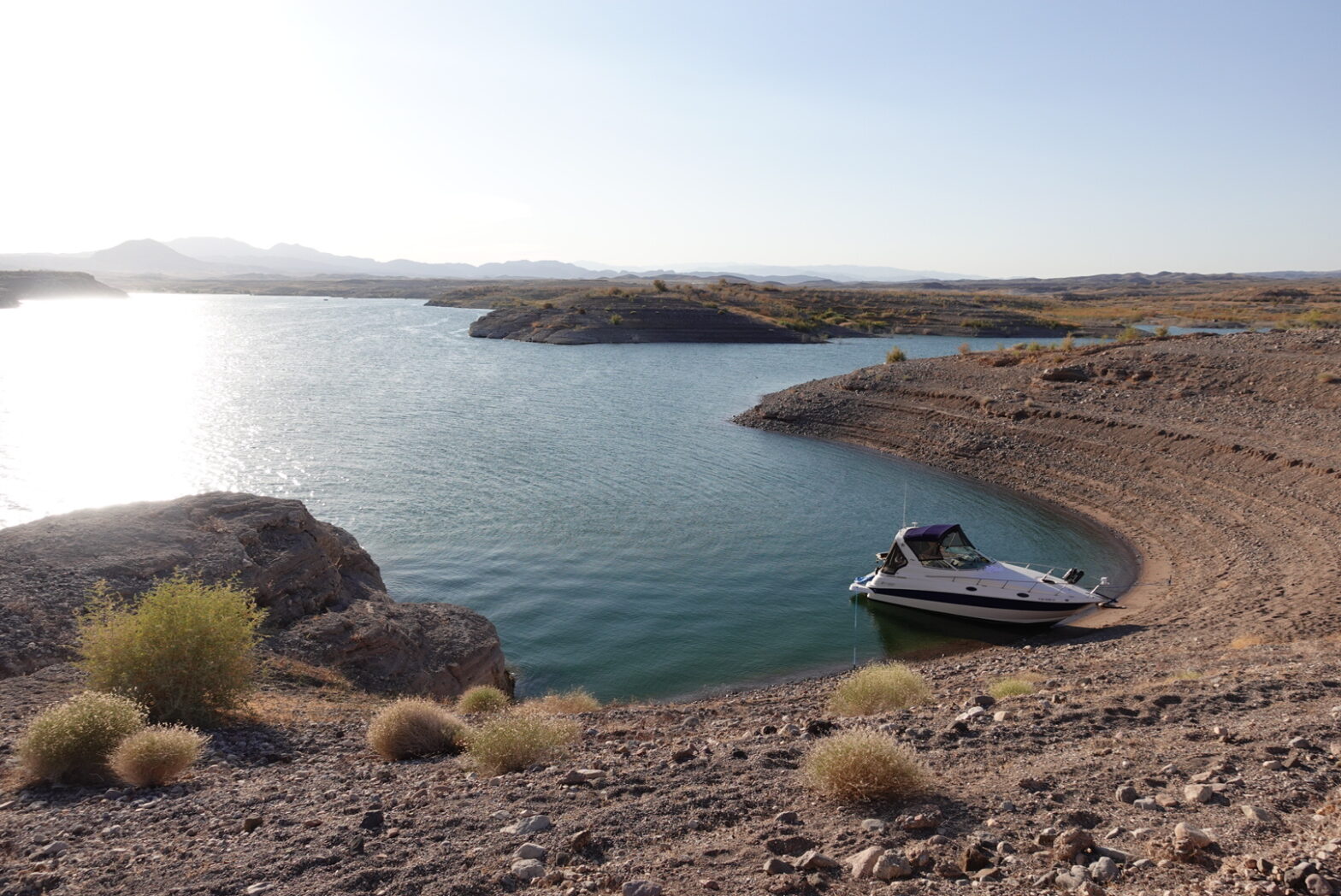
Think Bigger to Motivate Yourself
I see a lot of people struggle with motivation, especially those who are already doing well. That represents a big loss of potential, as those who have already achieved some level of success are demonstrably able to channel motivation into output. I have some ideas on why this happens and also how to combat it.…
-
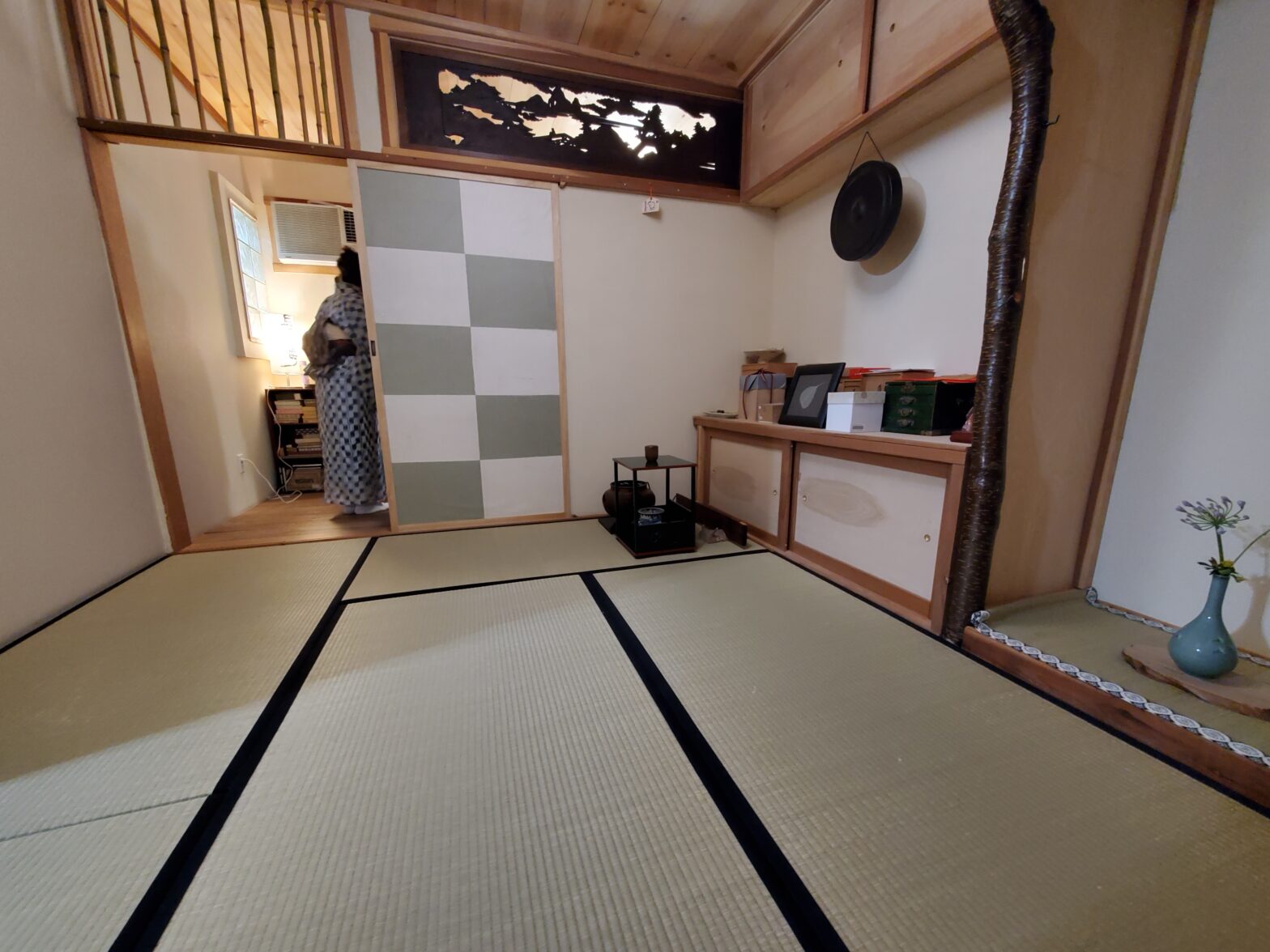
Enjoying Paying for Value
Beginning around high school, one of my major core values was paying the least possible amount for everything. I was always trying to figure out how to get things for massive discounts or to orchestrate some complex trade so that I got whatever I wanted for free in the end. I got so good at…
-

Reflections on 90 Days of Not Traveling
I don’t keep very close track, but last year I went through emails and discovered that I had purchased about 100 plane tickets for that year. Many were short hops to reposition and sometimes one trip would be three different tickets, but still– that’s a lot of travel. And now, I’ve flown twice in the…
-
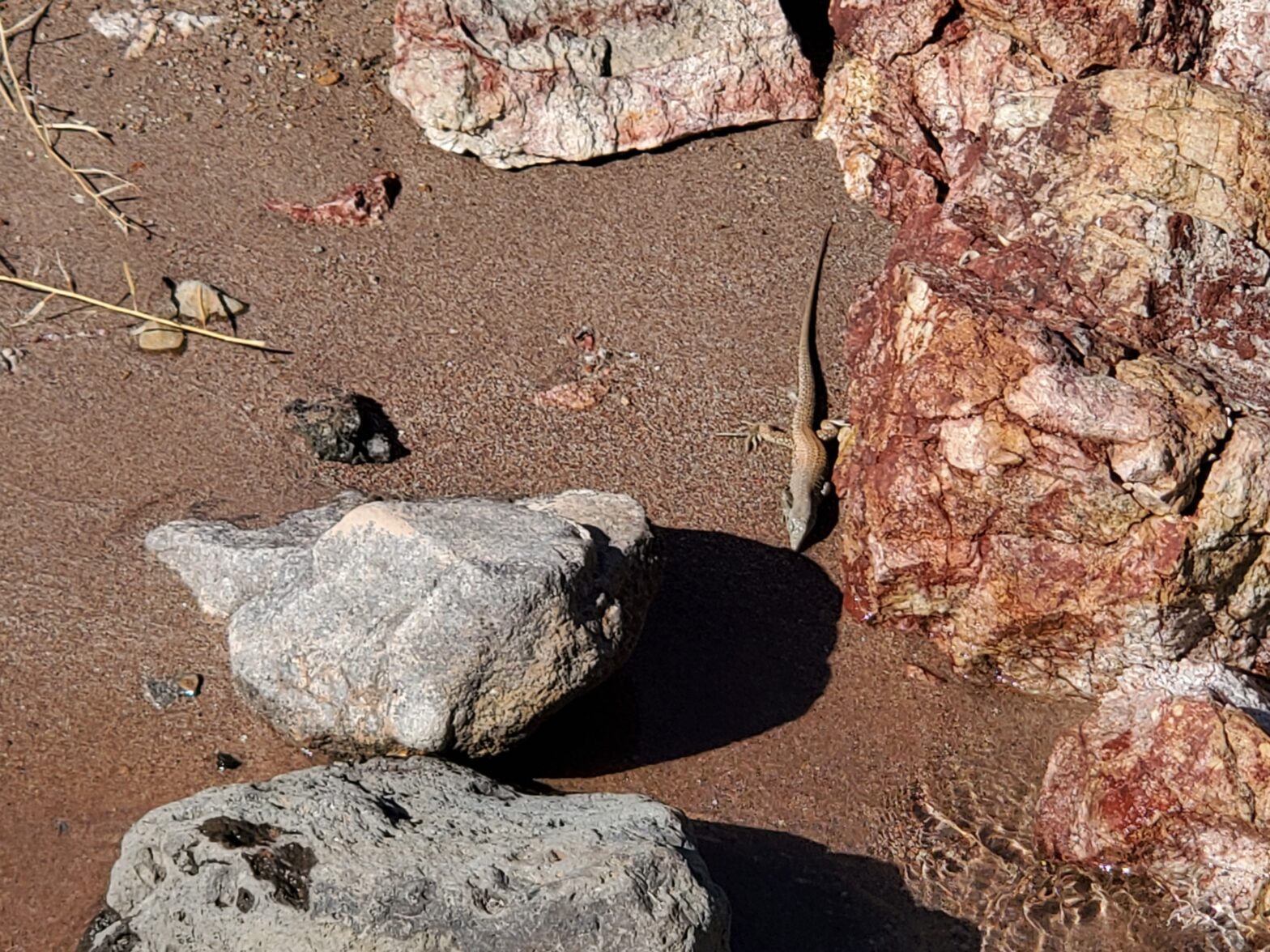
What I’ve Learned By Doing the NY Times Crossword 800 Days in a Row
Before getting into this post, I should come clean: there was actually one friday about 450 days ago where I thought that I had already done the day’s puzzle but I hadn’t. So far that reason I haven’t actually done the puzzle 800 days in a row, but rather 800 days with one day missing.…

